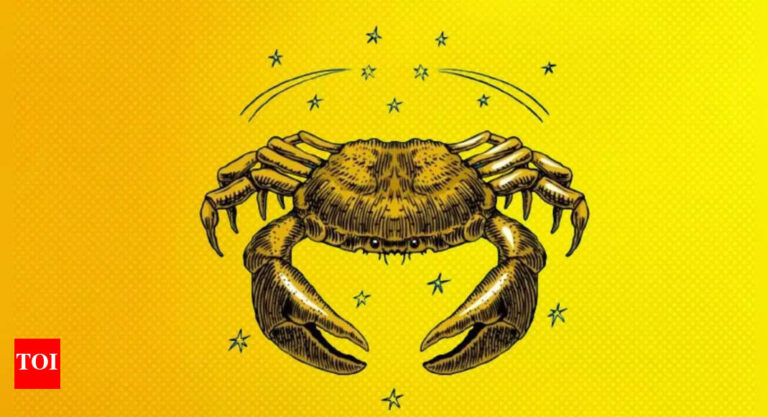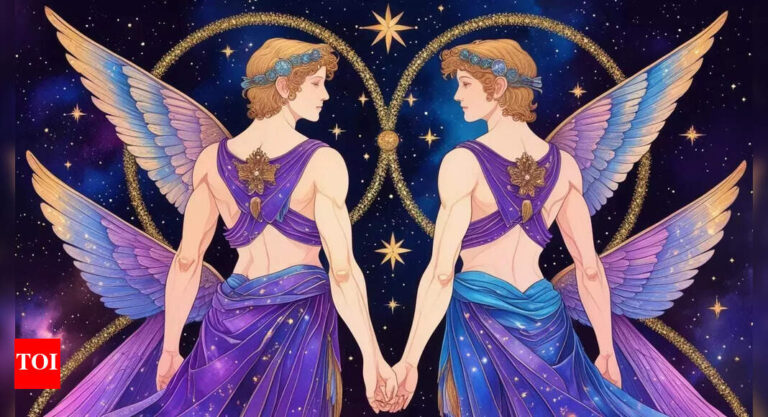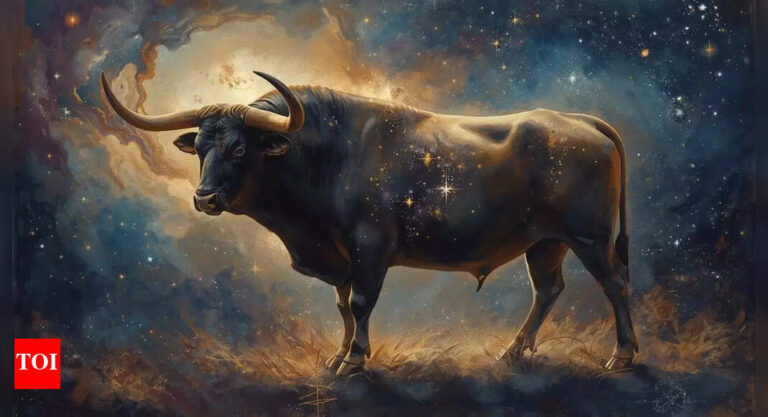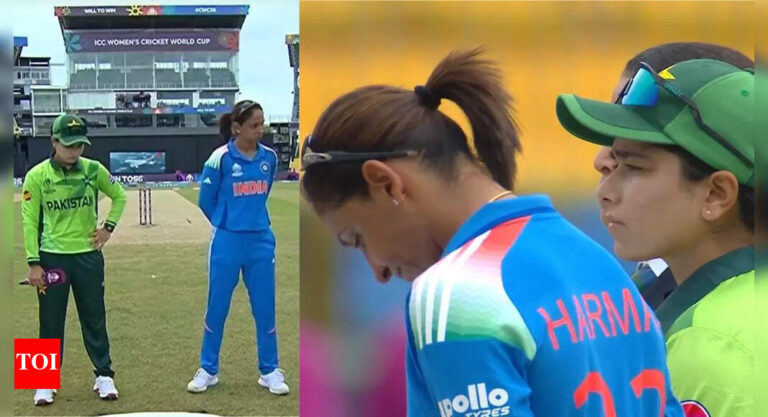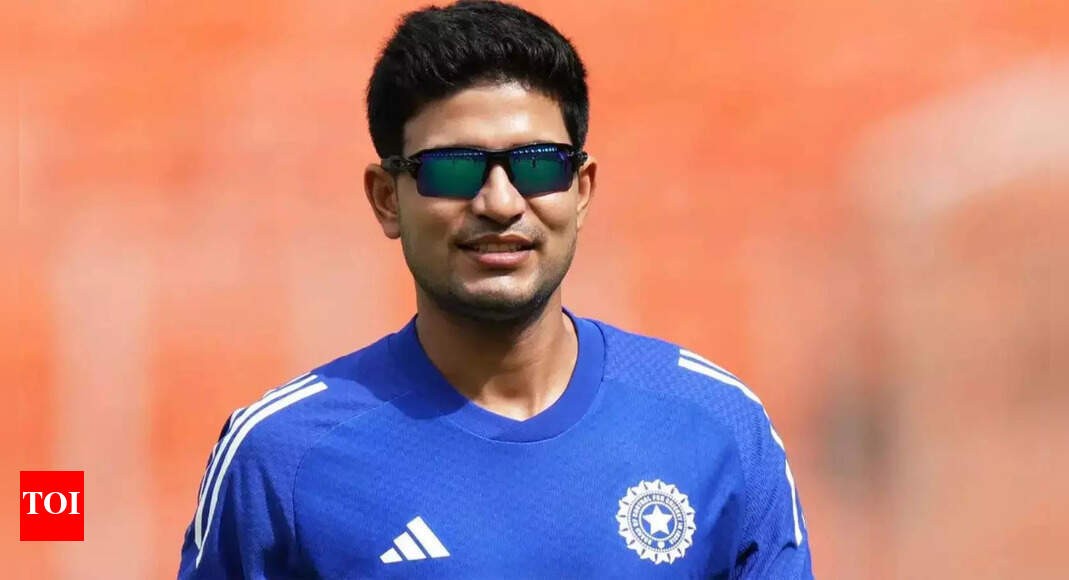
Shubman Gill’s elevation to captaincy – first for Tests and now for ODIs – is not just a cricket story. It is also an astrology-driven case study on how certain planetary combinations build leaders who are composed, strategic, and quietly assertive. Gill was born on September 8, 1999, in Fazilka, Punjab. Based on the astrological configuration at that time, let us explore why the Indian cricket team should feel secure under him.
Sun and Mercury in Leo: the clear voice at the centre
Put the Sun and Mercury together in Leo, and you get a captain who leads with presence and communicates with clarity. Leo supplies authority and stage comfort. Mercury brings language, logic and the ability to translate complex ideas into simple, actionable plans. On the field, this looks like tight, confident briefings, calm body language at the toss, and mid-over tweaks delivered in a few direct words. Expect Gill to value clean structures – set roles for bowlers, a clear batting tempo for each phase, and visible accountability in the field. The Leo Sun does not need noise to show control. It prefers composure, and the Mercury contact means decisions are explained well. That is healthy for a modern dressing room where clarity often beats charisma.
Tactical imprint to watch
: More planned use of the second slip early on, clear plans to specific batters rather than generic fields, and a disciplined review protocol. When a captain with Mercury strength embraces DRS, the hit rate usually rises because the team learns a shared decision ladder: ball tracking cues, the keeper’s angle, the bowler’s conviction, and time check.
Mars in Scorpio: steel in the glove
If Leo gives a steady voice, Mars in Scorpio gives bite. This is the placement of controlled intensity. It dislikes waste, hunts weakness, and waits for the moment to strike. Translating that to ODI captaincy, expect Gill to be patient through the middle overs and then spring a trap. You might see a leg gully for the aggressive puller, a short midwicket for the nudger, or a surprise over of a matchup bowler right when a partnership is ready to break. Scorpio Mars is also resilient under pressure. Think of the messy chase that requires a reset at 25 overs. This Mars can slow the pulse, protect resources, and move the game to a narrow lane where India’s strengths count. It will not chase glory balls for the sake of theatre. It prefers two quiet overs and then a pounce.
Tactical imprint to watch
: Bowling changes that look conservative for an over, followed by a bold field and an attacking line to a new batter. You may also notice trust in bowlers who can hit a stump-to-stump plan for longer, because Scorpio values repeatability when the pitch is slow.
Jupiter and Saturn in Aries: the builder who moves fast
Jupiter expands. Saturn systematises. Put both in Aries, and you get a builder who is willing to act. Aries wants a first-mover advantage. Jupiter in Aries is optimistic about young talent and fresh ideas. Saturn in Aries demands structure around that optimism, so the team does not become impulsive. That combination often shows up as a two-year roadmap. You pick a template, you back it across series, and you document what success looks like. Expect Gill to be open to a younger bowling option or a flexible batting role if it fits the long plan. He will also expect those picks to live inside strong match preparation: scouting sheets, field maps, and clear triggers for Plan B.
Tactical imprint to watch
: A defined core of roles that does not change with every result, plus one or two slots where India experiments with intent. When Jupiter smiles, a youngster is blooded early in a series. When Saturn speaks, the player knows exactly what “good” looks like.
Venus and Rahu in Cancer: the human side of leadership
Cancer is protective and team-centred. Venus brings harmony, while Rahu adds ambition and edge. In a captain, this can create an environment where players feel seen and trusted, but the group still aims high. Rahu in Cancer wants the dressing room to be a competitive sanctuary, not a comfort zone. You might see this in the way Gill uses senior players alongside rising ones. The room feels respectful, yet the selection stays unsentimental. Venus supplies relationship glue, which matters in the long ODI calendar where communication fatigue sets in. A captain with Venus in Cancer rarely lets small frictions leak into the public. Expect private conversations and quick repairs.
Tactical imprint to watch
: Bowling partnerships chosen not only for matchups but also for chemistry. A control bowler paired with a wicket hunter. A young batter shielded for a few games and then placed in a decisive role when confidence peaks.
Ketu in Capricorn: detachment that supports discipline
Ketu in Capricorn reduces attachment to status and increases focus on work. For a captain, this is a gift. It keeps the mind on process and time-on-task. It also makes selection calls cleaner. If a plan is not working, it gets adjusted without drama. If a player earns a run, that run is given without noise. Capricorn energy prefers measurable progress. That lines up with simple captaincy metrics that matter in ODIs: dot-ball percentage in overs 11 to 40, boundary prevention at long-off and deep cover, extras conceded, DRS efficiency, and wickets in the first ten. Expect Gill to track these. He may not say it out loud, but you will see it in how India checks small leaks before they become losses.
Tactical imprint to watch
: Consistent fields to the same batter across a series, subtle position tweaks rather than wholesale reshuffles, and a hands-on interest in fielding standards. Capricorn likes drills that show up as saved runs in minute 47.


